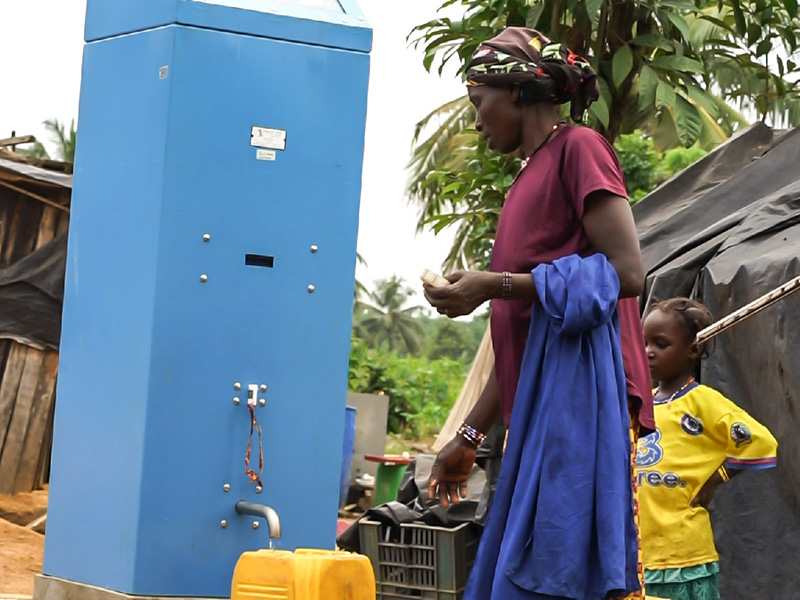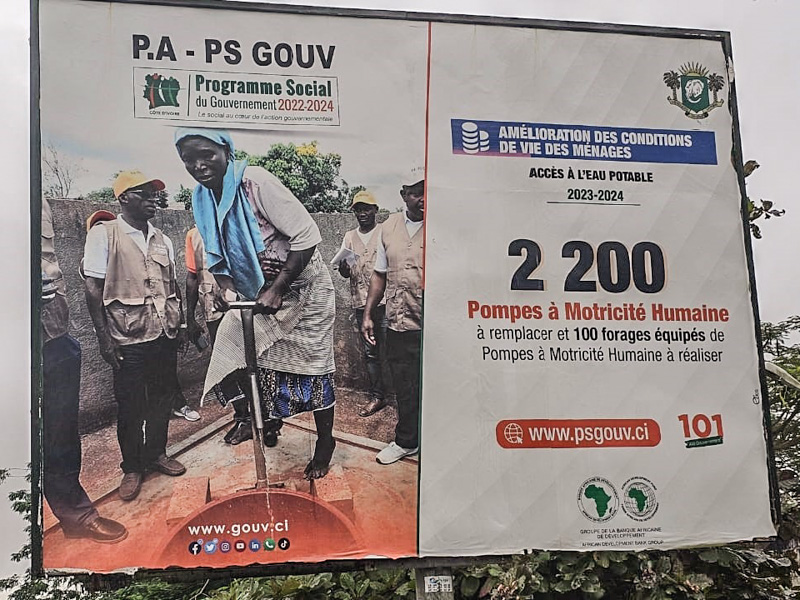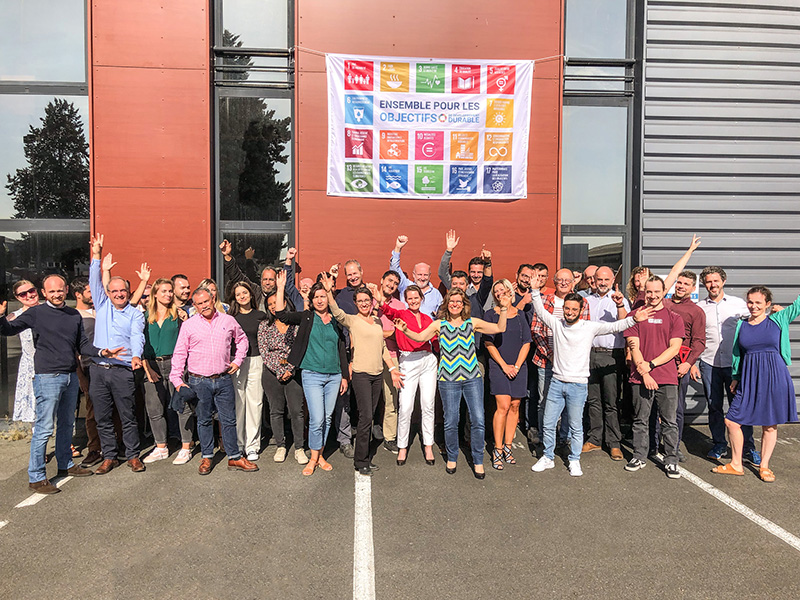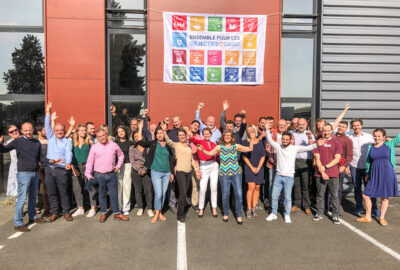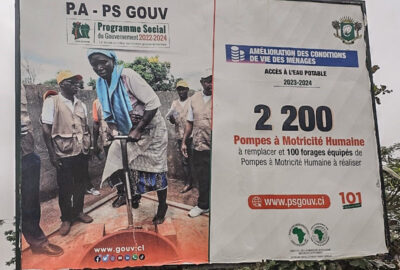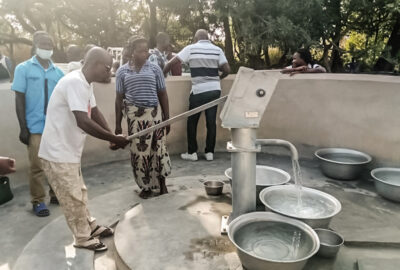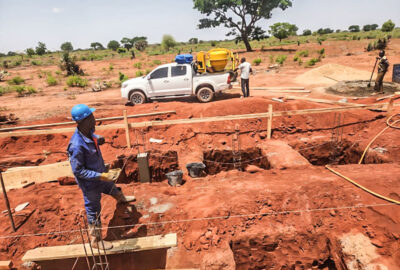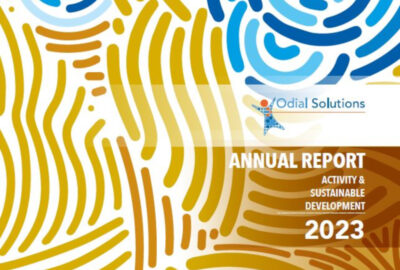Côte d’Ivoire, Drinking water, Gestion, Ivory Coast, Management, Services de l’eau, Solar
SAHER now supplies drinking water 24/7 to 8,000 Ivorians
A project combining social innovation (water service) and technological innovation (automatic solar standpipe or BFA) in several rural locations
SAHER installed 17 VERGNET HYDRO automatic solar standpipes (BFA) to provide a 24/7 drinking water service to 8,000 Ivoirians over the next five years. “We are particularly proud that German cooperation [Gesellschaft für Internationale Zusammenarbeit, or GIZ] has placed its trust in us to support this project that combines social innovation (water service) and technological innovation (BFA) in these rural localities,” enthuses Wagna MOTA, Director of SAHER.
The automatic solar standpipe is an autonomous system that offers uninterrupted community water point management. “Based on a solution used successfully in Africa for fifteen years, the automatic solar standpipe has been designed to meet the evolving requirements of drinking water service operators in semi-urban and rural areas of sub-Saharan Africa. It uses photovoltaic solar power, is cashless (electronic payment) and is 100% secure,” indicates Gwénolé LE LAGADEC, Area Manager at VERGNET HYDRO. Out of the 17 standpipes, two were built into a building façade (BFA kits).
The drinking water service started operating at each of the 17 water points in June 2023
The 17 standpipes were installed at the end of the first semester 2023. “We started to inform the local authorities, raise awareness among the local population and train technical staff so that the drinking water service will be operational in all localities since June 2023,” says Myriam TOGUYENI, SAHER’s Projects Officer. SAHER’s service also includes data collection which will help form a better understanding of requirements and then improve the scaling of future projects.
This project is part of the Grüne Bürger Energie (GBE) programme backed by German cooperation and aimed at the productive use of renewable energy and the electrification of social infrastructures in Africa.


